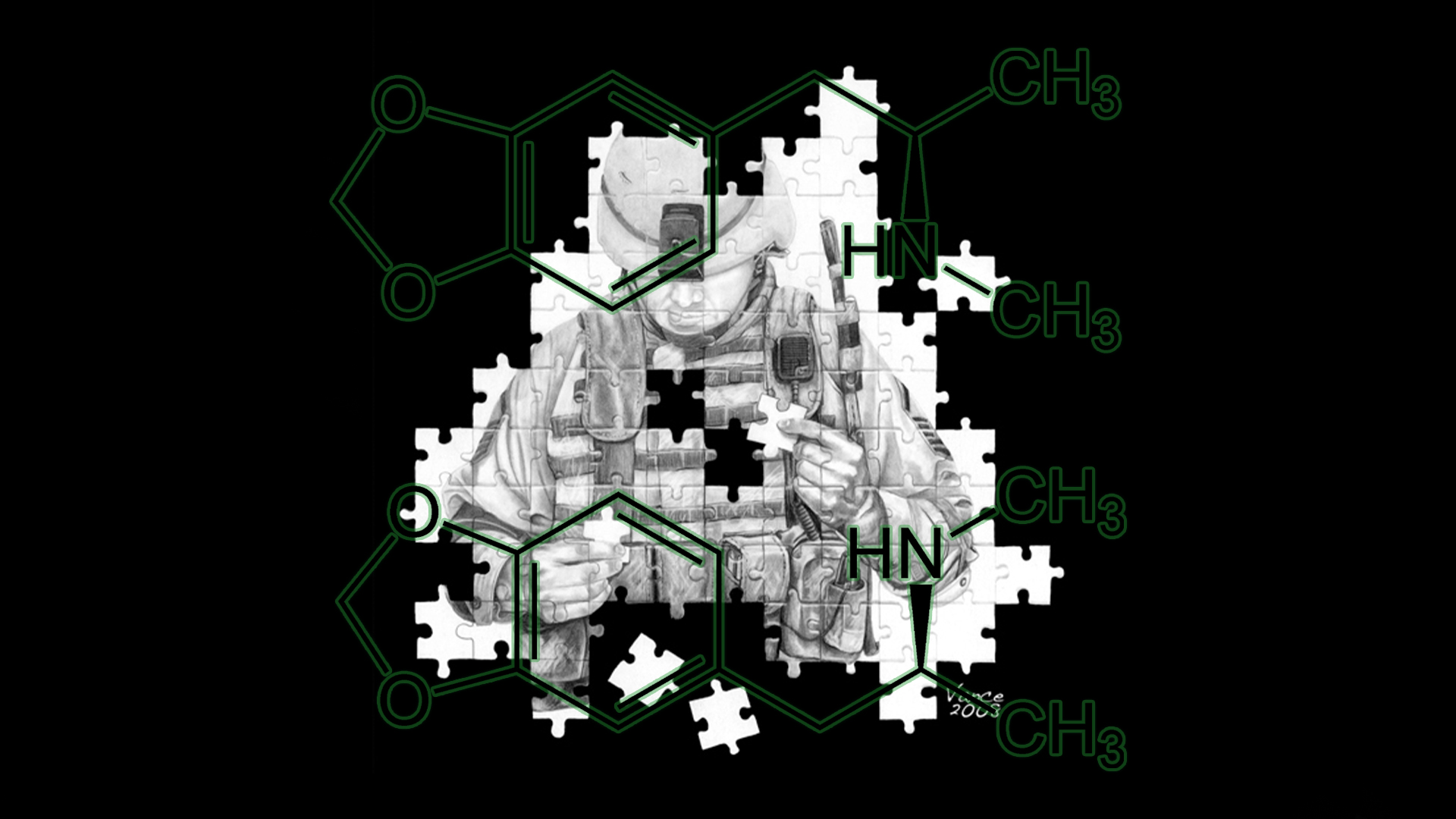

Congress approved $20 million for the U.S. Department of Veterans Affairs to begin MDMA-assisted therapies, but money isn’t all that’s needed to get the psychotherapy to veterans. Many veteran advocates believe MDMA-based therapies may hold promise to cut into the rate of veteran suicide and other post-traumatic stress-related health conditions. According to the VA’s latest report detailing statistics from 2021, suicide was the second-leading cause of death for veterans 45 and younger and the 13th-leading cause of death for veterans overall.
Juliana Mercer is a Marine Corps veteran and champion of the psychoactive drug as Director of Public Policy for the nonprofit organization Healing Breakthrough. She is happy to see the funding dedicated but knows more work must be done before veterans can access breakthrough therapies across the country.
“So we’re looking at 2025, probably, at the earliest, that a mental health care provider will be able to legally access MDMA to use in their clinics,” Mercer said.
Subscribe to Task & Purpose today. Get the latest military news and culture in your inbox daily.
VA spokesperson Terrence Hayes provided Task & Purpose with a statement that details currently ongoing research trials and points out that existing research on small groups of people. But establishing the efficacy and efficiency of the psychedelic treatments will require larger, more diverse veteran populations.
Hayes did not address specific plans for the $20 million appropriated by Congress.
“Growing evidence from preliminary research suggests these compounds could offer significant benefits in mental health treatment,” Hayes said in a statement. “Given the promising findings, more definitive evidence from Veterans who use VA health care is needed.”
Healing Breakthrough has run five of the eight MDMA-assisted therapy research studies at VA clinics, in each case with non-VA funding. The non-profit funded two of the five studies directly, with private funding supporting the rest of the trials. Mercer said the group has worked extensively to pave the way for full funding of MDMA therapies.
Mercer anticipates that MDMA will receive full FDA approval this August for use in therapy. Since 1985, MDMA has been a Schedule I controlled substance, legally equating its use to heroin, LSD and crystal meth. The FDA announced last month that they are fast-tracking the review and approval of MDMA under rules of a “breakthrough therapy.”
Still, several steps remain before the therapy could reach wide use. Once approved by the FDA, the Drug Enforcement Administration will need to reschedule MDMA. Then individual states will need approve its medical use. Only then will pharmacies be able dispense it or clinicians to prescribe it.
Though it’s a long, uphill battle, the funding was a necessary step to begin that climb. Mercer believes it will be worth it.
“The impact that we are hoping to see is that folks who have been suffering from chronic, complex [post traumatic stress disorder] will finally have access to a medication that is 71% effective in eliminating a PTSD diagnosis,” Mercer said.
Trials have seen 71 percente of participants no longer qualified for a PTSD diagnosis after three eight-hour MDMA-assisted therapy sessions. Up to 87% experienced clinically significant improvement in their symptoms.
“My organization and the conversations that I’m having on the Hill with our legislators is, ‘Yeah, that’s great that the VA is putting skin in the game by funding their own research on breakthrough therapies for the first time, but we need to make sure that we don’t lose sight of the pending FDA approval of MDMA,’” Mercer said
The VA itself, Mercer said, will also need to make internal changes. The VA will need to train clinicians and therapists at a “major scale” to roll out MDMA therapy, along with ironing out scheduling issues to cover the eight-hour MDMA medication sessions.
In addition, Mercer said a lot of the planning will depend on the DEA’s reclassifies the drug.
“We don’t know if the DEA will reschedule it to schedule two or schedule three,” Mercer said. “So, depending on what that looks like, it will determine how difficult or easy it will be for our physicians to access the actual medication itself.”
Mercer said she is always open to hearing from veterans who have undergone MDMA-assisted therapy. The group can also connect veterans with their legislators so they can advocate for therapies themselves.
“It’s time for us to get this to all our veteran brothers and sisters,” Mercer said.
The latest on Task & Purpose
- Can a veteran go to any emergency room?
- Retired Army officer may have leaked secrets to honeypot spy
- Snowmobiler who ran into Army helicopter sues for $9.5 million
- Soldier charged with selling secrets on HIMARS, F-22s, rescue helicopters and nuclear missiles
- What’s the difference between field stripping and rat f–king an MRE?
